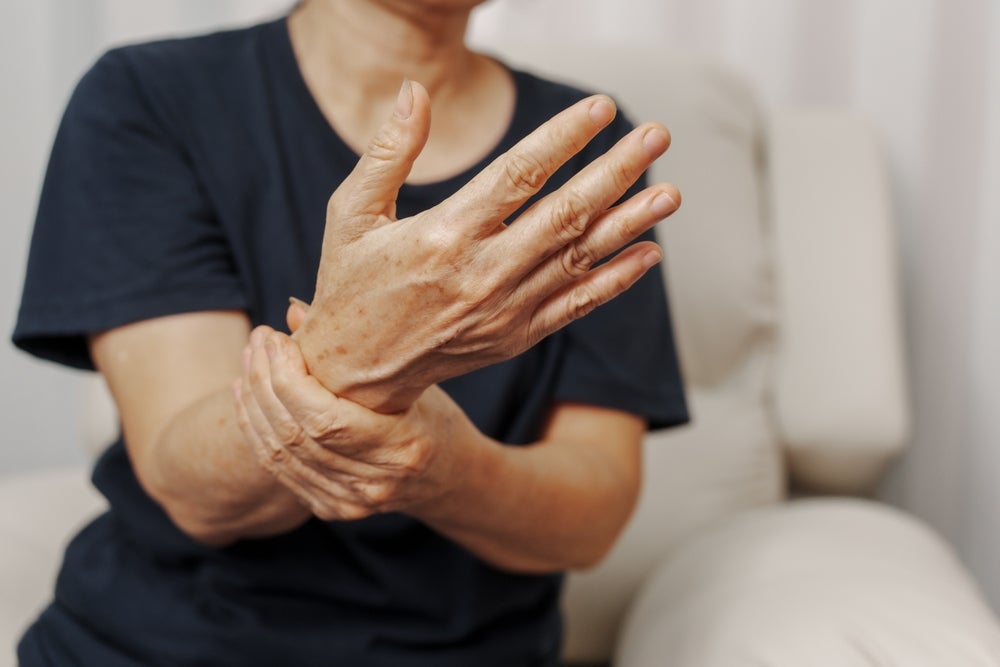At the AD/PD 2025 International Conference on Alzheimer’s and Parkinson’s Diseases (AD/PD), Annovis Bio announced data from its six-month, randomised, double-blind, placebo-controlled Phase III clinical trial investigating the efficacy, safety, and tolerability of 10mg and 20mg doses of buntanetap or placebo in patients with early PD. The presentation highlighted the potential of buntanetap in improving motor and nonmotor functions in patients with PD and mild dementia.
At the AD/PD 2025 ‘Advances in PD Treatment’ presentation, Annovis Bio announced that while buntanetap demonstrated statistically significant improvements in every primary and secondary endpoint in the per-protocol population, buntanetap failed to reach the primary endpoint in the total intention-to-treat population. Buntanetap did not demonstrate a statistically significant change from baseline to Month 6 in Movement Disorder Society-Sponsored Revision of the Unified PD Rating Scale (MDS-UPDRS) Part II score in this patient population. However, buntanetap showed promise in preventing cognitive decline, as the Mini Mental State Examination (MMSE) score worsened in patients receiving placebo, but not in patients receiving buntanetap. Furthermore, following subgroup analysis of the early PD patients with mild dementia, as measured by a MMSE of 20-26, cognitive decline was prevented in patients who received 20mg of buntanetap for six months. In addition, buntanetap demonstrated improvements in MDS-UPDRS Parts I, II, III, and IV, Clinical Global Impression of Severity, Wechsler Adult Intelligence Scale fourth edition, and Participant Global Impression of Change clinical endpoints, meeting all primary and secondary endpoints in this subgroup. As such, improvements in both cognition and motor function signal a promising therapy for patients with early PD with mild dementia.
Moving forward, Annovis Bio announced plans to explore biomarkers to differentiate patients with PD from patients without PD, as well as understand the differences between PD patients with cognitive impairment and patients with Alzheimer’s disease. In addition, the company has requested a Type C meeting with the US Food and Drug Administration, with the intention to conduct a randomised, double-blind, placebo-controlled, multicentre Phase II/III study in patients with dementia with Lewy bodies and PD dementia.
Key opinion leaders (KOLs) previously interviewed by leading data and analytics company GlobalData overwhelmingly cited dementia as the most difficult-to-treat nonmotor symptom of PD. The development of more effective therapies for dementia is a major unmet need in PD, as current therapies provide only modest benefit. KOLs stated that dementia is a common problem in PD patients that further affects medication compliance and remains difficult to treat. However, drug development for this indication has historically been challenging. For example, last month IRLAB Therapeutics announced that while the Montreal Cognitive Assessment indicated an improvement in cognitive impairment for patients treated with 600mg of pirepemat, it did not reach statistical significance in a Phase IIb study (REACT-PD).
In the late-stage pipeline, there are currently three assets that investigate cognitive function in PD patients; buntanetap is set to compete with Anavex’s blarcamesine and IRLAB Therapeutics’ pirepemat. Pipeline agents that address cognitive complications, including PD dementia, will likely see a high initial uptake following approval due to the limited availability of approved treatments for this indication and high unmet need.






